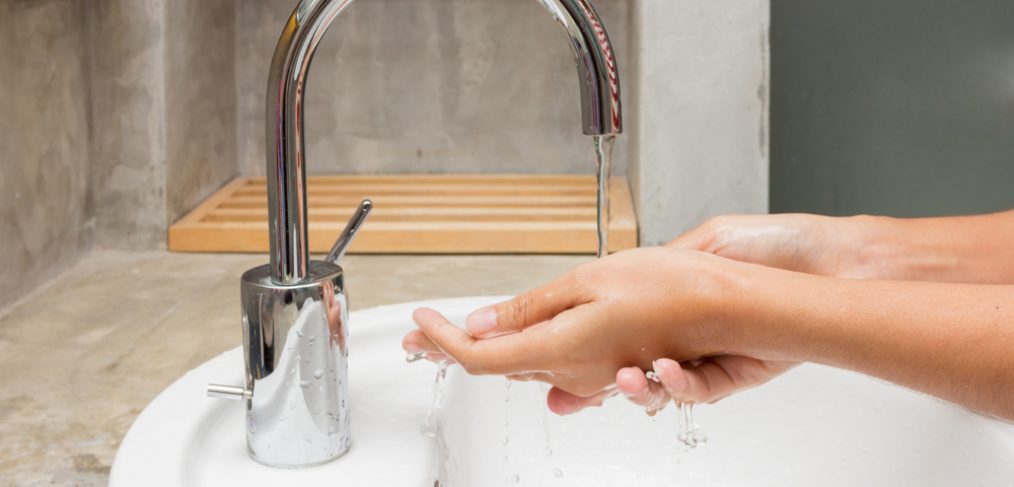
Handwashing Keeps You Healthy
When it comes to your health, handwashing is the single most important thing you can do to prevent illnesses, infections and diseases. There is no way to completely isolate yourself from germs, but you can minimize exposure to germs and other disease-causing microbes by frequently washing your hands. Keep reading to learn why you need to wash your hands, and when and how you should be washing your hands.
Why Washing Your Hands Is Important
The Centers for Disease Control and Prevention state that “microbes are all tiny living organisms that may or may not cause diseases,” and “germs, or pathogens, are types of microbes that can cause disease.” As you go through each day, your hands accumulate tons of germs by touching people, surfaces and objects. Because you are constantly being exposed to germs, and it is impossible to stop that, it is important that you don’t let these germs remain on your skin. Infection and illness occurs when your germ-filled hands touch areas like your eyes, mouth or nose and enter into your body. Washing your hands frequently is the best way to limit the transfer of bacteria, viruses and other disease-causing microbes.
When to Wash Your Hands
Washing your hands before or after certain activities can help prevent illnesses and the spread of germs more effectively. The Centers for Disease Control and Prevention states that you should always wash your hands:
- Before eating
- Before and after food preparation
- Before and after treating a cut or wound
- Before and after caring for someone who is sick
- After cleaning up a child who has used the toilet or changing diapers
- After touching garbage
- After using the toilet
- After blowing your nose, coughing or sneezing
- After handling pet food or pet treats
- After touching an animal, animal waste or animal feed
How to Wash Your Hands
Washing your hands properly is important to stopping the spread of germs. To be sure you are thoroughly cleansing your hands you should:
- Wet your hands with running water that is either warm or cold. There isn’t any definitive data that states the temperature of the water impacts how clean your hands get, and hot water is irritating to the skin and weakens the natural moisture barrier, which can allow more germs and bacteria to enter the skin.
- Turn off the faucet. You want to do this because when the water accumulates in the sink, it can bring any germs from the sink to your hands, and turning off the faucet saves water.
- Apply soap and work into a lather. When doing this step, be sure to lather the backs of your hands, under your nails and in between your fingers.
- Scrub hands vigorously for at least 20 seconds.
- Rinse your hands under running water that is either warm or cold.
- Pat hands dry with a towel. Because you’ve just washed your hands, if it is possible you want to turn off the faucet with your elbow or a towel to avoid adding germs right back to your hands.
Washing your hands protects your body against the spread of bacteria, viruses and other germs that make you sick. Be sure to wash your hands frequently and properly to keep yourself as healthy as possible.



